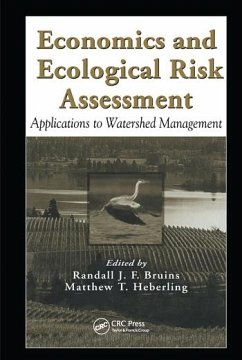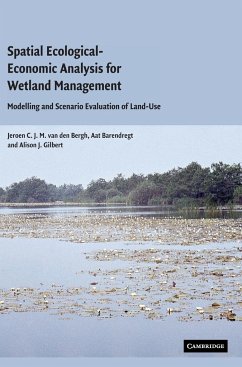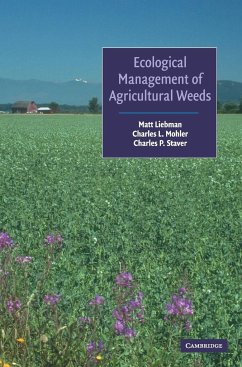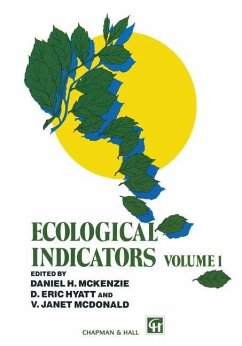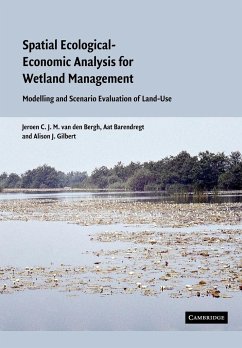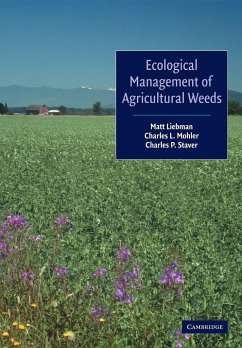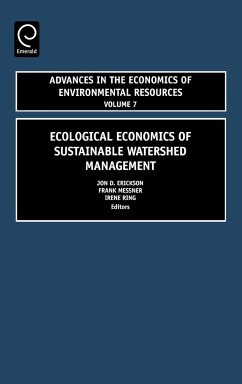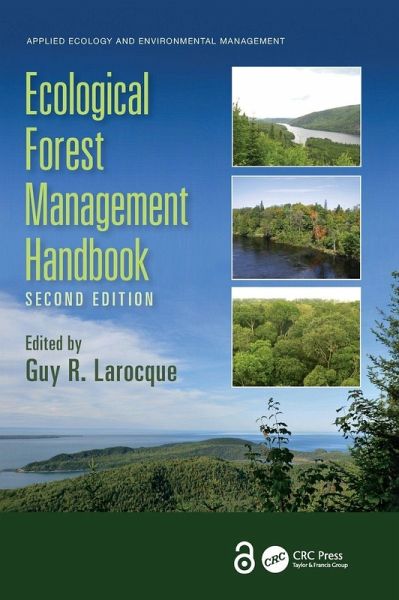
Ecological Forest Management Handbook
Versandkostenfrei!
Versandfertig in 1-2 Wochen
243,99 €
inkl. MwSt.
Weitere Ausgaben:

PAYBACK Punkte
122 °P sammeln!
This new edition of the Ecological Forest Management Handbook provides readers with basic principles of forest management and their applications at regional and site-specific levels. Updated and revised, it addresses numerous topics and includes new studies on ecological indicators, the carbos cycle, and ecosystem simulation models.





